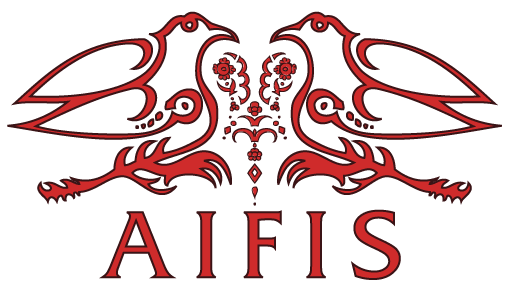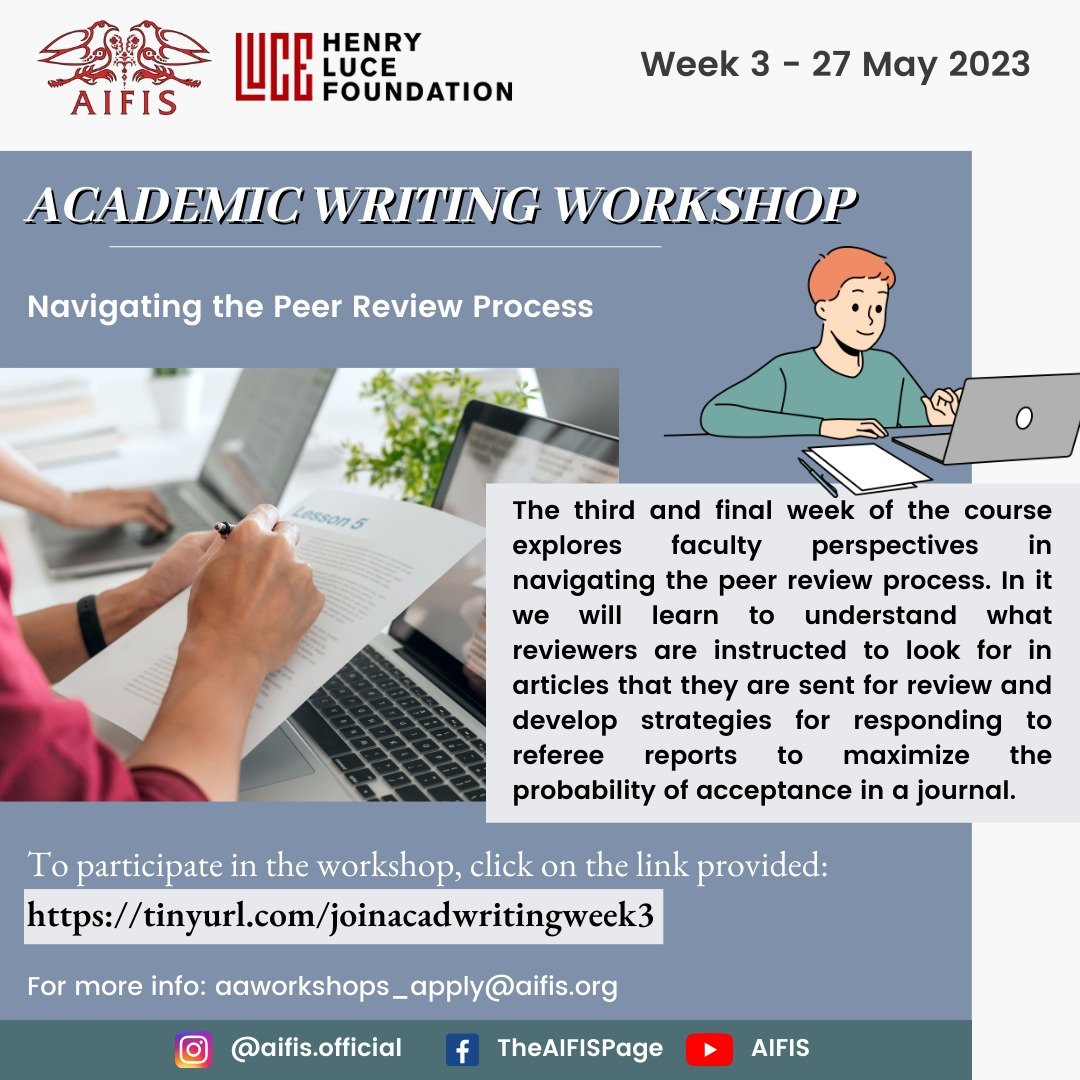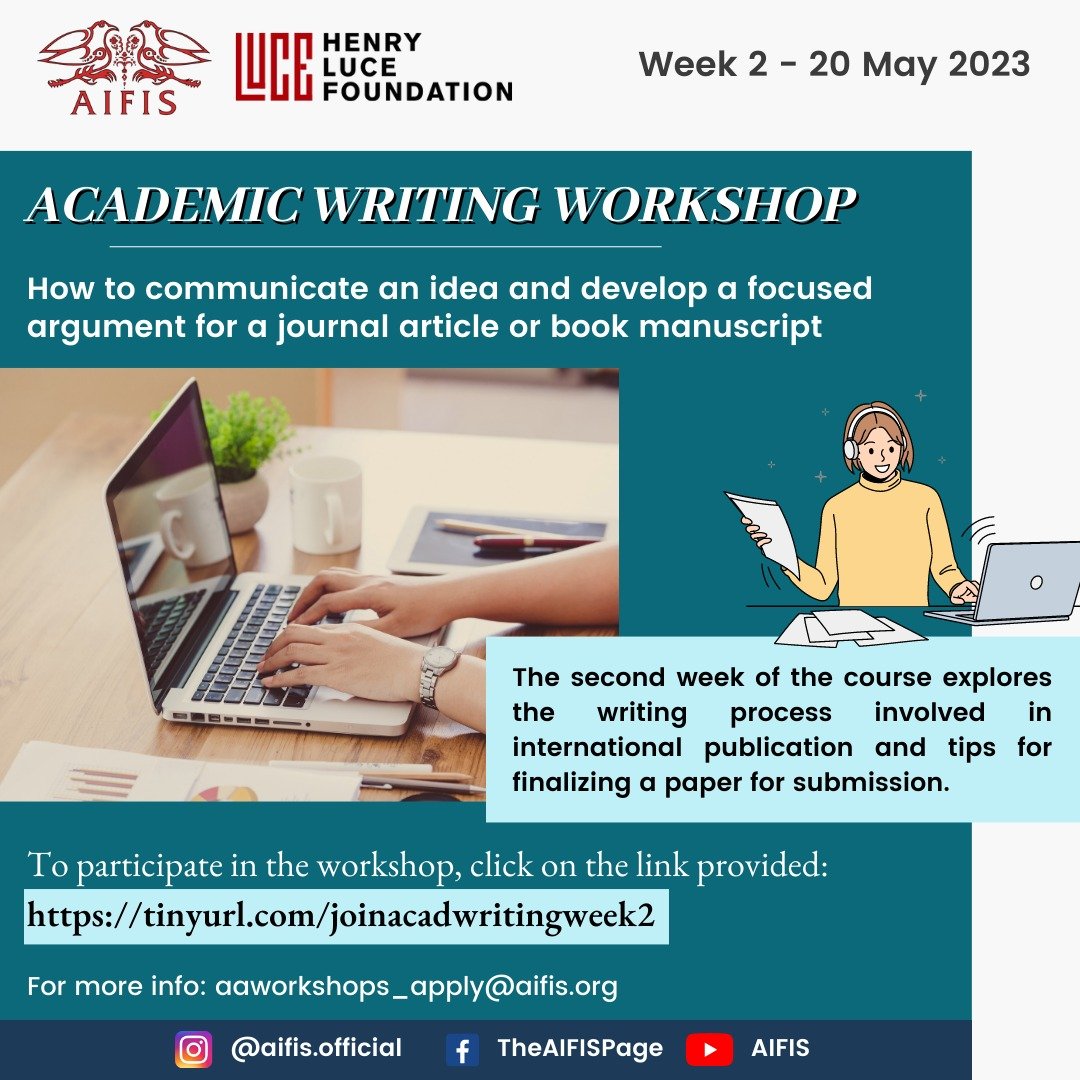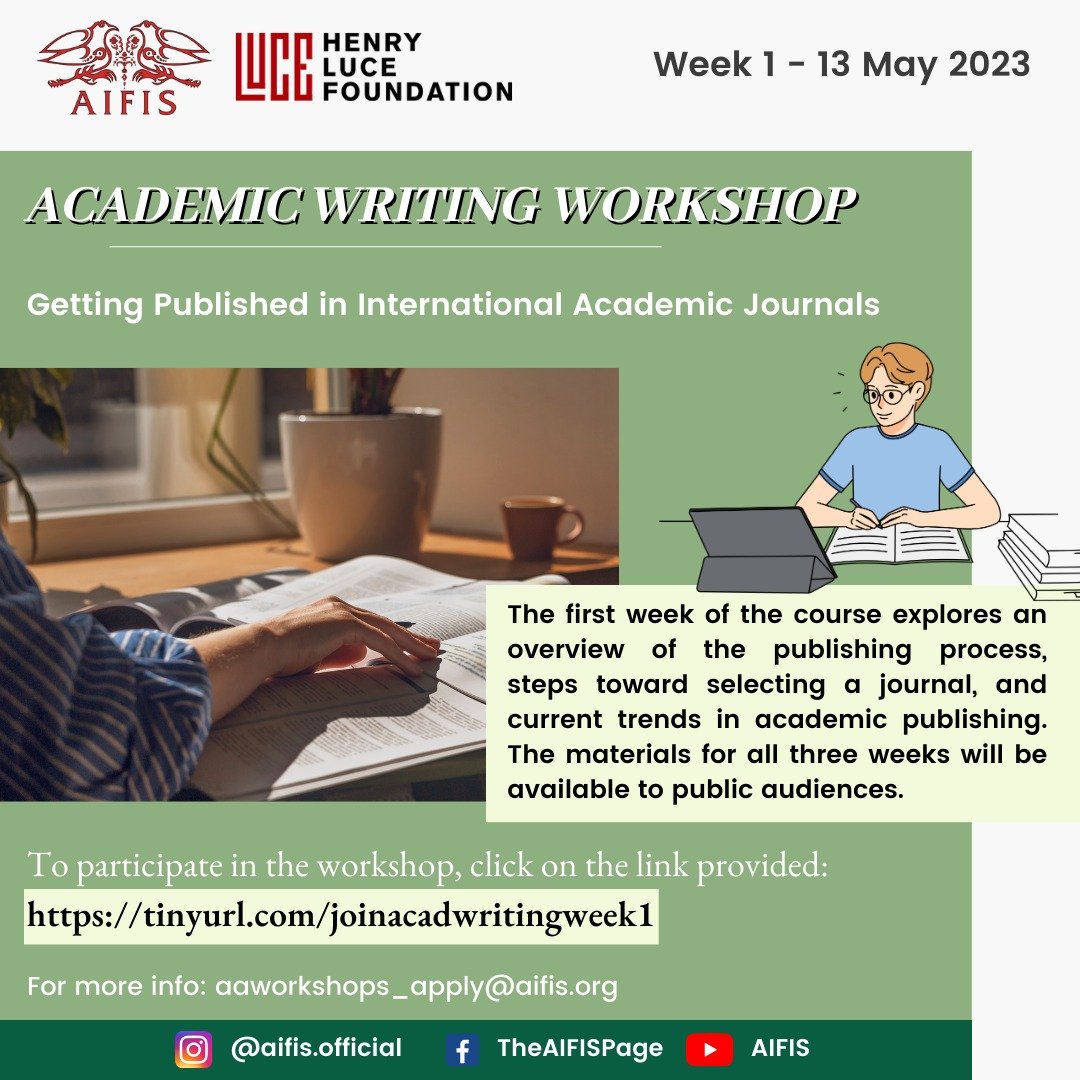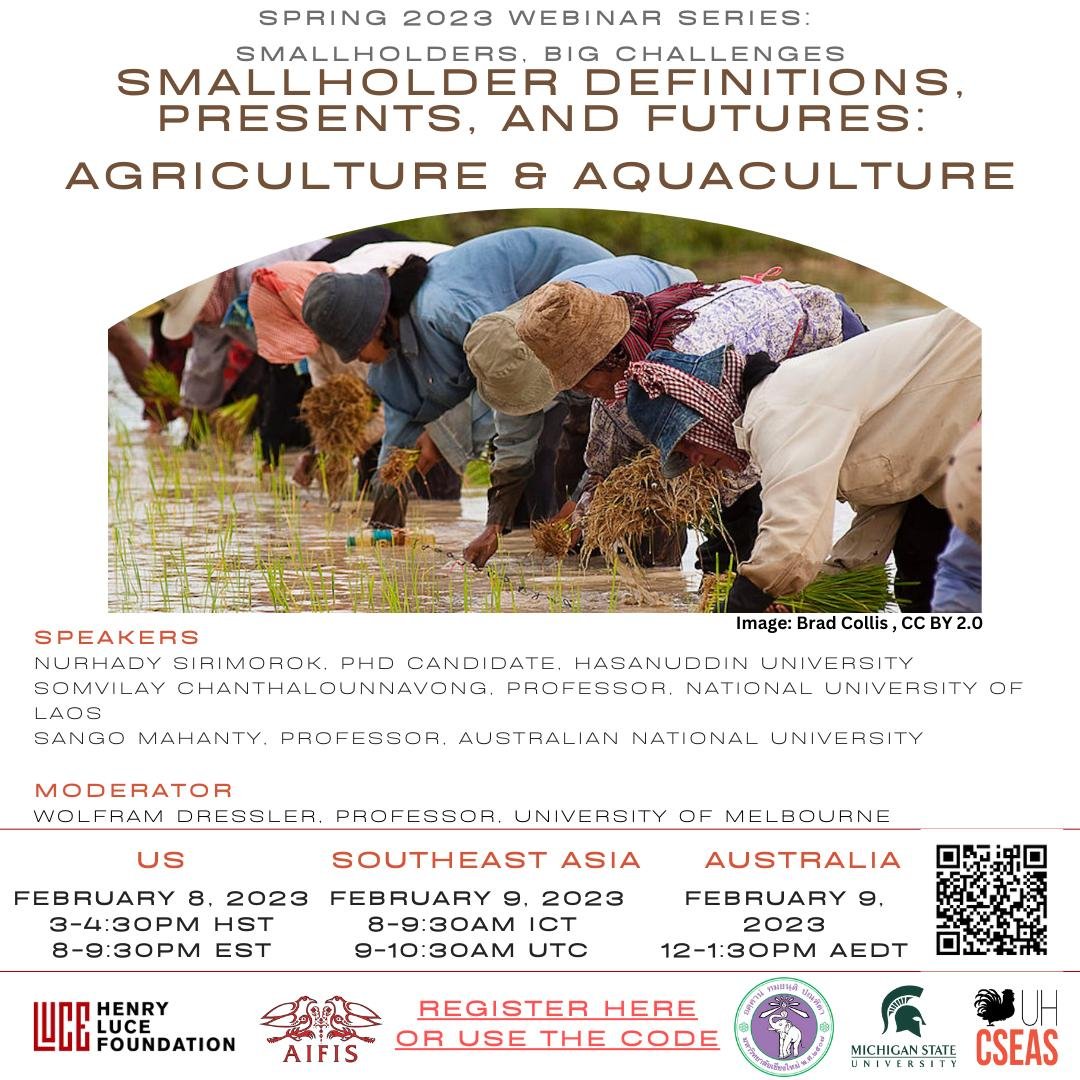Join us at the 2023 AIFIS-MSU Conference on Indonesian Studies for a screening of the latest installation in the Indonesian Pluralities* film series,
“Equal Citizens? Chinese Indonesians in Yogyakarta”
Tuesday July 11, 9:40-11:10pm ET / Wednesday July 12, 8:40-10:10am WIB.
“Equal Citizens?” presents a moving account of the daily lives and citizenship struggles of Indonesians of Chinese descent in Yogyakarta. The Chinese Indonesians highlighted in this film aspire to be recognized as full and equal Indonesian citizens. They speak an Indonesian heavily laced with Javanese idioms. Their artistic traditions are a prominent and esteemed part of Yogyakarta’s cultural landscape. In most settings, Chinese Indonesians are welcomed and respected by their fellow citizens. However, in local state offices, Chinese Indonesians sometimes encounter difficulties and have to negotiate their civic and political rights in a differentiated and unequal manner. This film explores the reality of social citizenship for Chinese Indonesians, and examines how and why at times Chinese Indonesians come to be treated as less-than-equal citizens.
Film "Simalakama di Tanah Istimewa" memaparkan pergulatan kewargaan individu dan komunitas Tionghoa di Daerah Istimewa Yogyakarta. Bagi warga Tionghoa, menjadi Indonesia adalah pilihan satu-satunya. Secara sosio-kultural, warga Tionghoa mendapatkan ruang ekspresi yang terbuka. Aktifitas sosio-kultural dan ekonomi mereka semarak, dan mendapatkan sambutan dari warga (suku) lain, dan bahkan dari pejabat publik. Akan tetapi secara politis, mereka diperhadapkan pada perlakuan secara diskriminatif. Karena diidentifikasi sebagai keturunan Tionghoa, hak kepemilikan tanah mereka tidak diakui. Mengapa “pengistimewaan” ini terjadi di Tanah Istimewa Yogyakarta? Dan bagaimana mereka mengembangkan strategi kewargaan mereka?
This screening will be followed by a conversation with filmmakers Dandhy Laksono and Muhamad Sridipo (WatchDoc), film researcher Samsul Maarif (Universitas Gadjah Mada), executive producers Zainal Abidin Bagir (Universitas Gadjah Mada) and Robert Hefner (Boston University), all moderated with a response by Ariel Heryanto (Monash University).
*Indonesian Pluralities is a collaboration between the Center for Religious and Cross-cultural Studies (CRCS) Graduate School at Gadjah Mada University; the Pardee School of Global Studies at Boston University; and WatchDoc Indonesia, created with the generous support of the Henry Luce Foundation.
